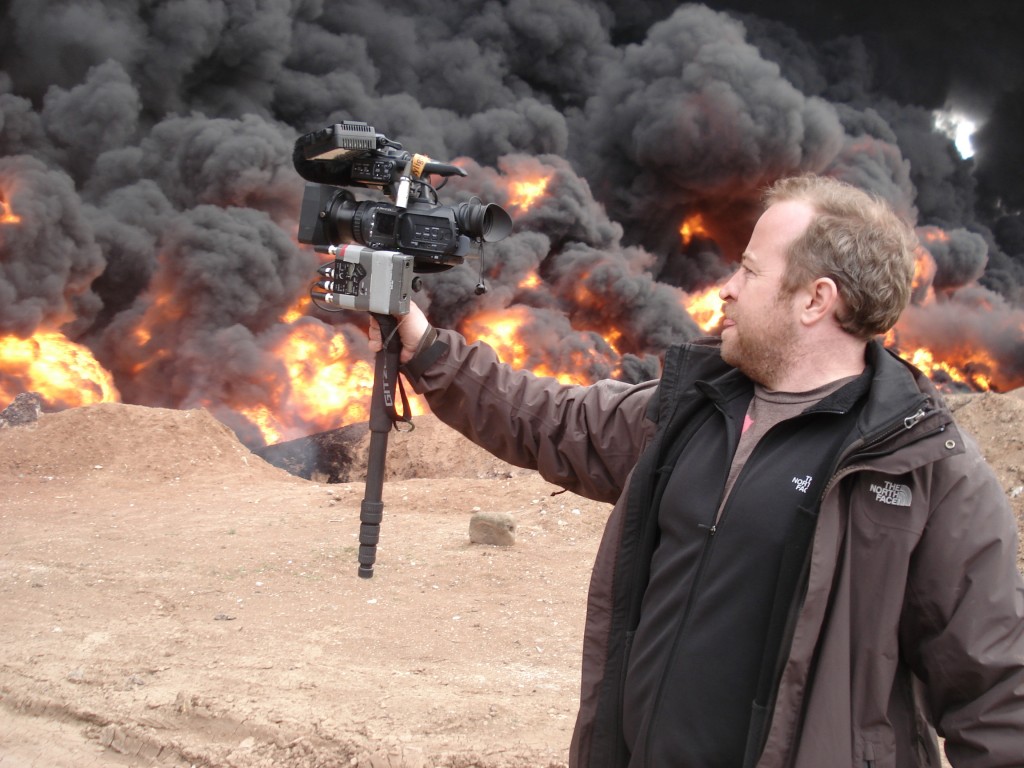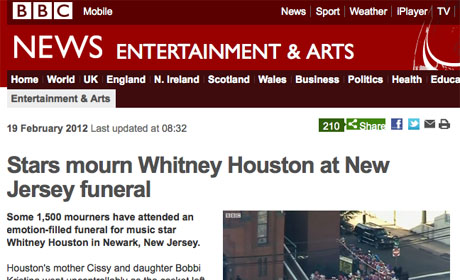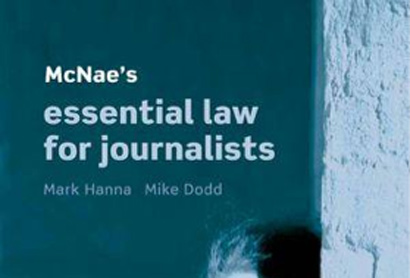On Friday CNN will air a one-hour documentary which looks at the “challenges and dangers” its team encountered while reporting from the Syrian city of Homs.
The broadcasting of the documentary, called ‘72 Hours Under Fire‘, comes two weeks after two Western journalists – Sunday Times correspondent Marie Colvin and French photographer Remi Ochlik – were killed in the same city, after a building they were in was shelled.
According to a release, in the CNN documentary the broadcaster’s journalists who reported from Homs and the news executives “tasked with keeping them safe” will discuss the dangers taken as part of their aim of “getting the story out of Syria”.
The experienced team CNN sent into Homs included Beirut-based correspondent Arwa Damon, photojournalist Neil Hallsworth and security risk advisor Tim Crockett. 72 Hours Under Fire chronicles their journey into and out of Homs, the dangers they faced while newsgathering and reporting there and why this assignment was different than previous ones.
Below are two videos which have been published online by CNN ahead of the documentary:


